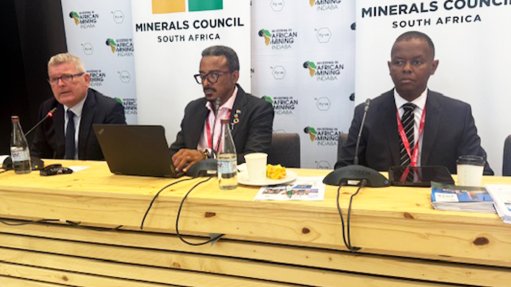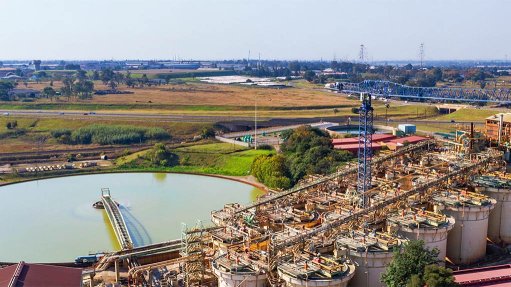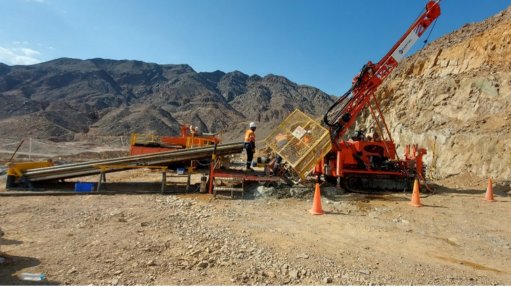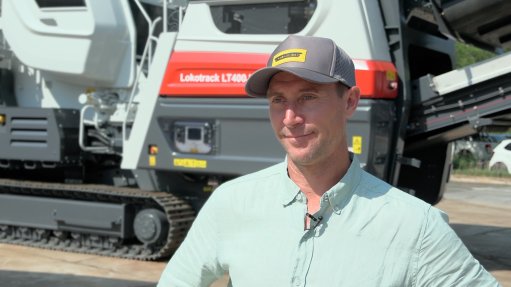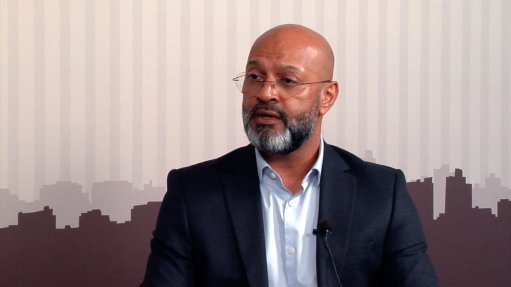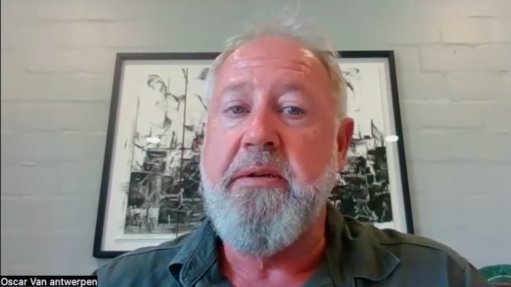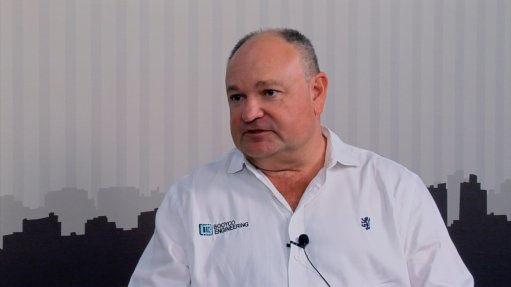Civil engineers needed in public sector
Currently, the civil engineering consulting industry in South Africa is extremely competitive, with many new entrants in the past few years, says engineering consulting firm GIBB technical executive Vuyiso Msipa.
He explains that the competitiveness is mainly based on prices tendered for providing services by consultants, and many companies offer discounts of more than 70%, compared with the gazetted Engineering Council of South Africa’s (ECSA’s) fees for providing services.
Some discounts offered have been reported to be as high as 90%, compared with ECSA’s fees for some projects, says Msipa.
There is general agreement in the industry that this trend is not sustainable and is harmful to the industry as a whole. However, a solution has not yet been found, he adds.
Fair competition in the industry is generally accepted and is a requirement for public projects and barriers to entry to the industry needed to be lowered to allow for new entrants.
For instance, the need to promote small and medium-sized enterprises (SMEs) in the industry has led to many public clients including a compulsory work provision for SMEs of 20% to 30% in all their tenders.
However, the extremely high competitiveness in price and provisions for SMEs in tenders have resulted in very low margins for all companies, and even lower margins for many medium-sized to large companies, owing to higher overhead costs.
“Clearly, the margins are moving in the wrong direction when you consider the escalating cost of doing business and higher salaries,” highlights Msipa.
Clients’ procurement procedures have also been criticised, as some clients have been accused of focusing mainly on prices tendered and ignoring companies’ previous relevant experience on similar projects during the tender process, he says.
South African National Roads Agency Limited (Sanral) is one of the few clients that has openly focused on technical aspects of the tender before considering pricing.
The technical aspect includes assessing the company’s capability to deliver a good-quality product by focusing, among others, on previous similar work done, feedback from previous clients, quality of available resources and the proposed methodology to execute the work.
Sanral introduced the two-envelope system, where technical aspects and pricing are submitted separately.
Each project has a minimum technical threshold score set, which successful companies much reach before their pricing is considered.
The technical envelopes are opened first and all companies are assessed and scored on their technical submission.
Only the financial envelopes of the companies that meet the required technical threshold score are opened, the rest are returned to the respective companies unopened.
Sanral uses a statistical method to assess and score technical submissions.
Among various technical aspects assessed is the total normalised hours tendered by each company to execute the works. The hours submitted by each company is compared with the average hours submitted by all.
Those with total hours closer to the average, receive a higher score, which contributes to the total technical score, explains Msipa.
However, Sanral’s evaluation of technical submissions using statistical analysis has been criticised by others as promoting inefficiencies with regard to companies that submit very low hours and might be more efficient than the majority.
However, the method at least tries to counter the recent tendencies in the industry to excessively discount engineering services, notes Msipa.
The effect of low pricing in the industry is that companies have had to significantly reduce or forego their margins on projects just to win tenders, he adds.
When executing a project, some companies that have tendered successfully with very high discounts, therefore, often vigorously try to find ways to complete tasks in the cheapest and quickest way to reduce costs and improve margins, resulting in a poor product being delivered to the client in many instances.
Some clients, owing to skill shortages, are unable to differentiate between good-quality and bad-quality work, resulting in instances where poor work is being accepted as good quality, he adds.
Based on the current tendency of offering high discounts when companies tender for projects in civil engineering consultancy consulting, it would appear that overcapacity exists in the industry.
With plenty of new entrants to the industry, the landscape is changing very rapidly and only companies that adapt well and timeously are likely to grow.
“It seems that we have plenty of civil engineers, but most of them prefer to work in the private sector,” says Msipa, adding that government needs to do more to attract engineers.
Article Enquiry
Email Article
Save Article
Feedback
To advertise email advertising@creamermedia.co.za or click here
Press Office
Announcements
What's On
Subscribe to improve your user experience...
Option 1 (equivalent of R125 a month):
Receive a weekly copy of Creamer Media's Engineering News & Mining Weekly magazine
(print copy for those in South Africa and e-magazine for those outside of South Africa)
Receive daily email newsletters
Access to full search results
Access archive of magazine back copies
Access to Projects in Progress
Access to ONE Research Report of your choice in PDF format
Option 2 (equivalent of R375 a month):
All benefits from Option 1
PLUS
Access to Creamer Media's Research Channel Africa for ALL Research Reports, in PDF format, on various industrial and mining sectors
including Electricity; Water; Energy Transition; Hydrogen; Roads, Rail and Ports; Coal; Gold; Platinum; Battery Metals; etc.
Already a subscriber?
Forgotten your password?
Receive weekly copy of Creamer Media's Engineering News & Mining Weekly magazine (print copy for those in South Africa and e-magazine for those outside of South Africa)
➕
Recieve daily email newsletters
➕
Access to full search results
➕
Access archive of magazine back copies
➕
Access to Projects in Progress
➕
Access to ONE Research Report of your choice in PDF format
RESEARCH CHANNEL AFRICA
R4500 (equivalent of R375 a month)
SUBSCRIBEAll benefits from Option 1
➕
Access to Creamer Media's Research Channel Africa for ALL Research Reports on various industrial and mining sectors, in PDF format, including on:
Electricity
➕
Water
➕
Energy Transition
➕
Hydrogen
➕
Roads, Rail and Ports
➕
Coal
➕
Gold
➕
Platinum
➕
Battery Metals
➕
etc.
Receive all benefits from Option 1 or Option 2 delivered to numerous people at your company
➕
Multiple User names and Passwords for simultaneous log-ins
➕
Intranet integration access to all in your organisation








